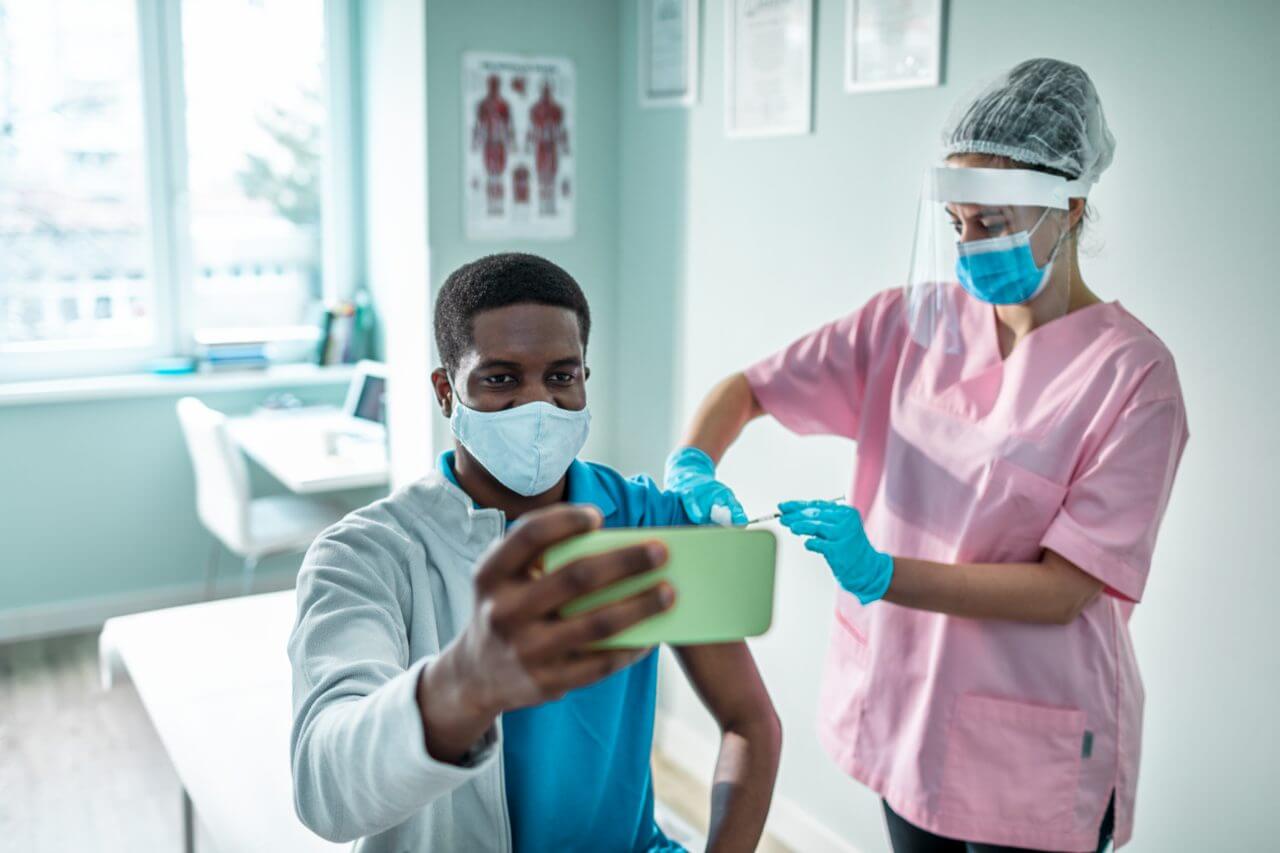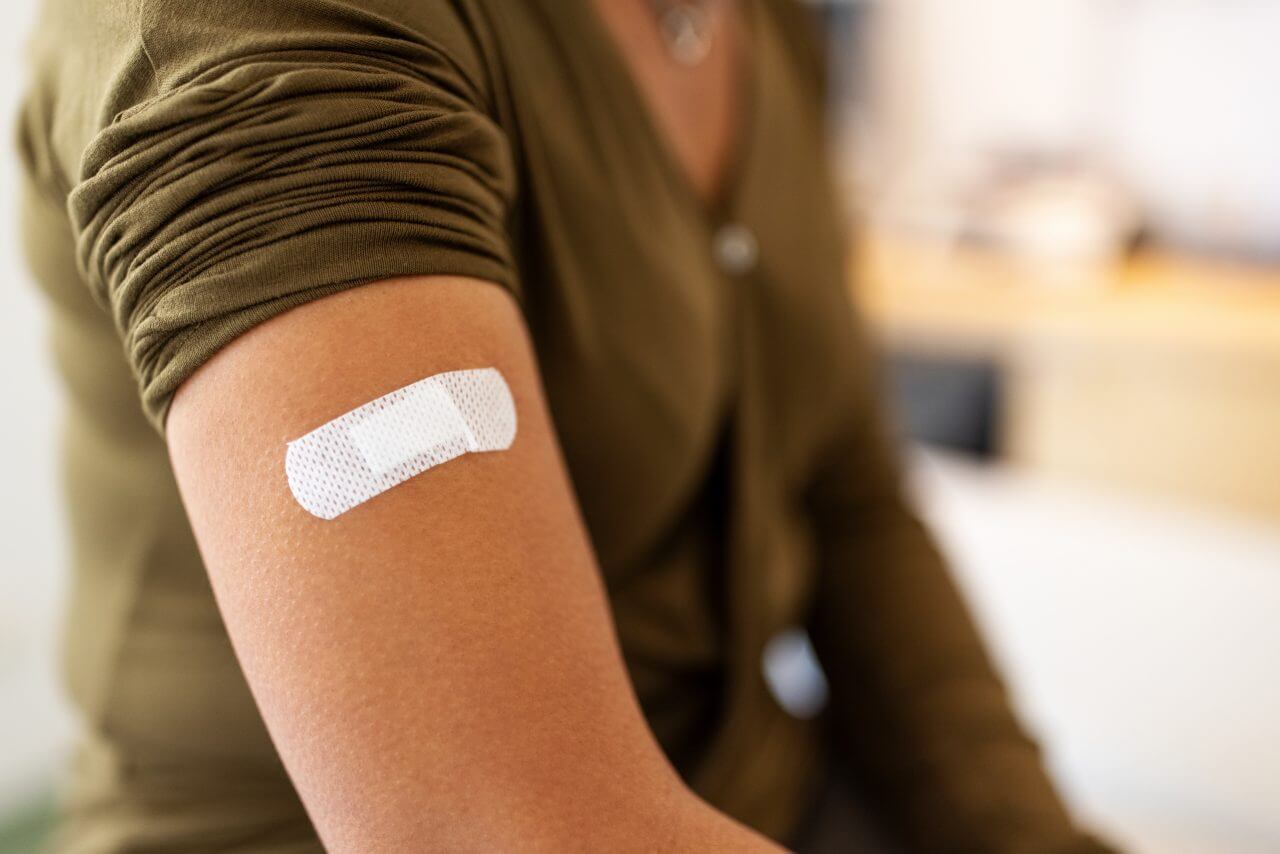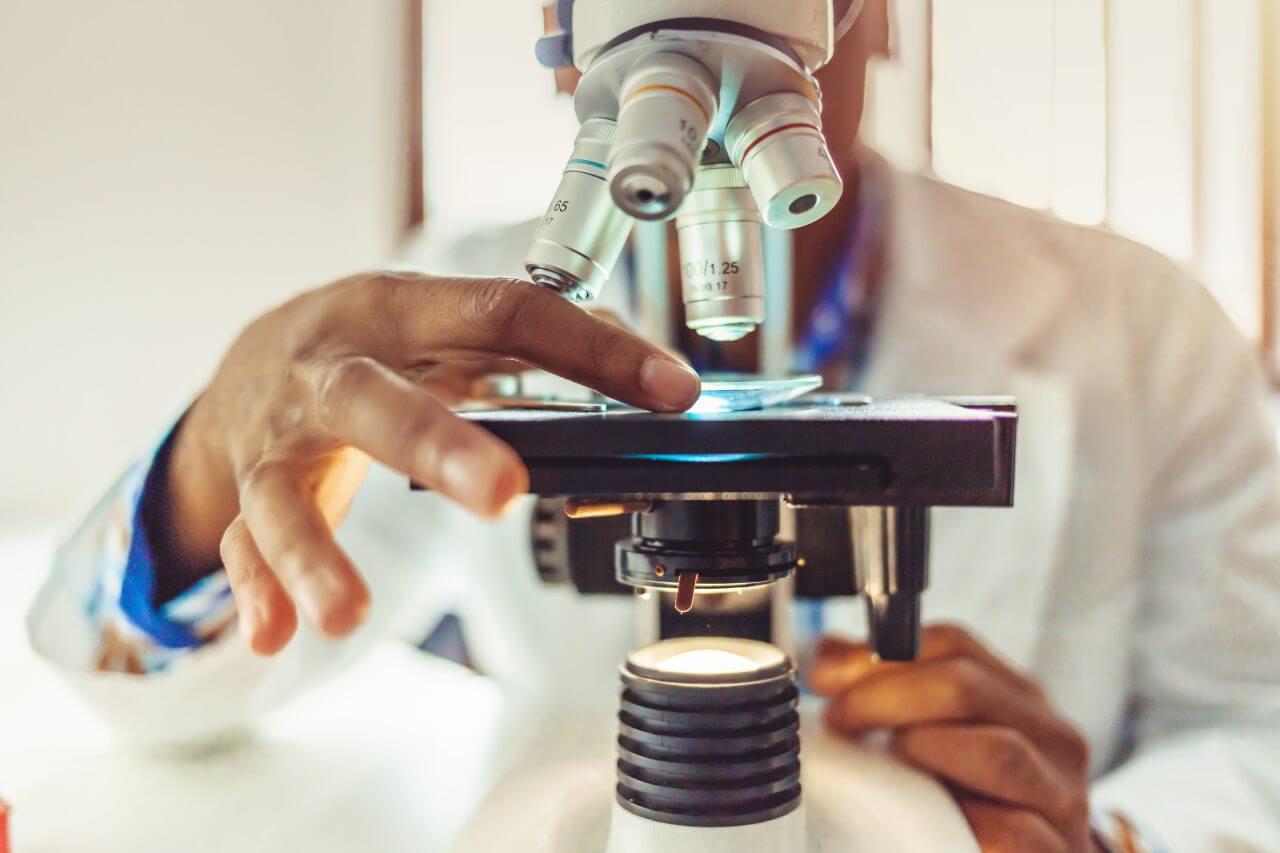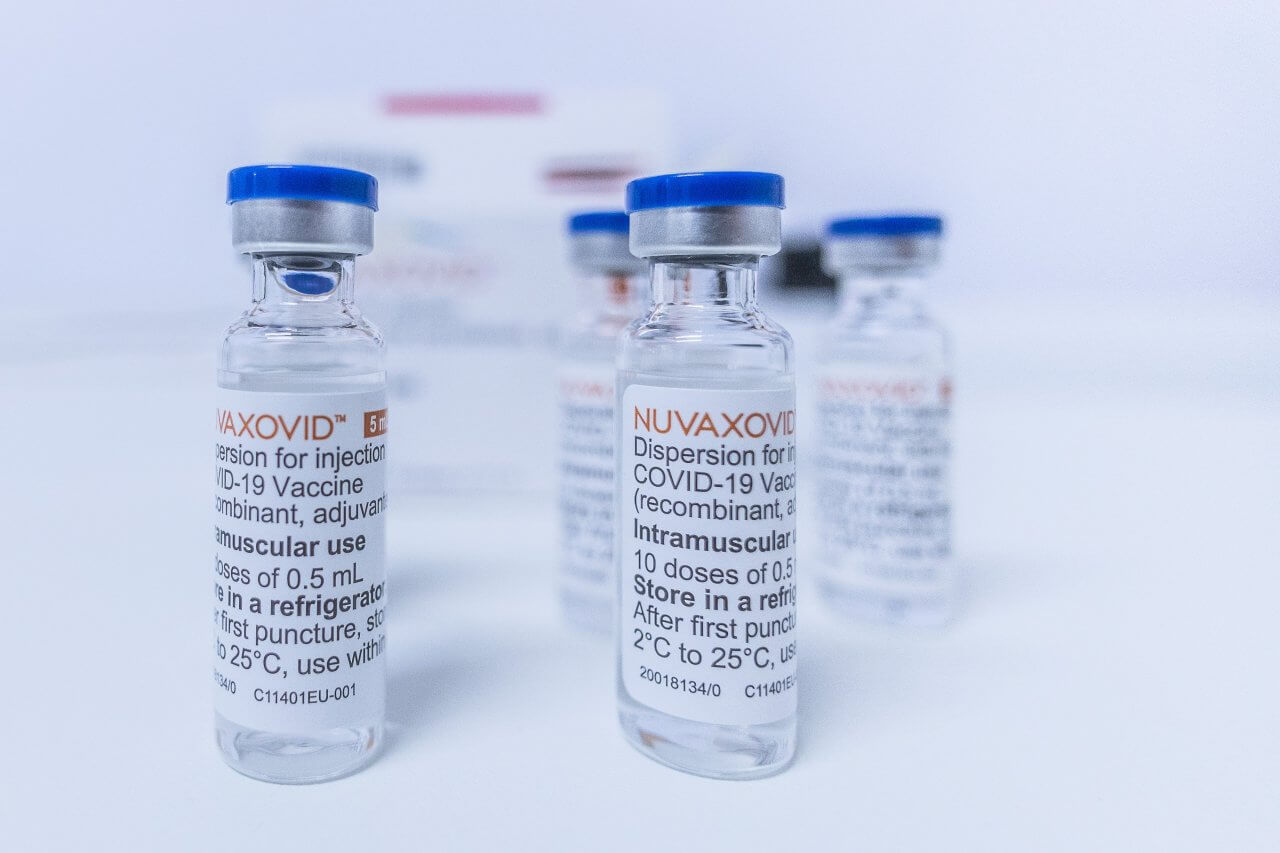How Does the COVID-19 Vaccine Affect Immunocompromised People?

Many conditions can weaken or “compromise” the immune system and decrease its ability to protect the body. Diabetes, cancer, and HIV infection are just a few of the diseases that can result in a person being “immunocompromised.”
If you have a weakened immune system, you may have been told by your doctor not to get vaccines that contain a live-but-weakened virus or bacteria. Fortunately, the Pfizer, Moderna, and Johnson & Johnson COVID-19 vaccines do NOT contain live virus particles, so they’re safe for people who are immunocompromised.
This is important because being vaccinated against COVID-19 is especially important for people whose immune systems can’t fight viruses, like coronavirus.
Are COVID-19 Vaccines Effective in the Immunocompromised?
The goal of vaccines is to trigger an immune response in the body. That response teaches the immune system about a particular invader and helps your body prepare to fight the virus if it’s encountered later.
While there isn’t yet a definitive study on the effectiveness of the COVID-19 vaccine in people with weakened immune systems, they probably won’t have a full immune response to the vaccine. Consequently, they won’t have the higher level of protection that people who are vaccinated and not immunocompromised will have.
Even so, it’s important to get vaccinated as soon as possible, even if you have a weakened immune system. People who are immunocompromised have a greater risk of developing severe illness, being hospitalized, or dying from contracting COVID-19. So, while the vaccine may not be as effective in protecting you, it will provide some degree of protection, which is a good thing.
Stay Informed About the Things That Matter Most
Subscribe to our free email newsletter to get the health and wellness news that’s most important delivered straight to your inbox.
Should Immunocompromised People Who Are Vaccinated Continue Disease Prevention Practices?
If you’re immunocompromised but fully vaccinated, you should still follow disease prevention best practices. That includes wearing a mask when around people who aren’t members of your household, washing your hands frequently and thoroughly, avoiding crowded places, and practicing social distancing as much as possible.
You should also explain to your family, friends, and coworkers that the fact that you’re vaccinated doesn’t mean you can engage in the same level of physical contact that you did before the pandemic. Caution on your part, and theirs, will still be important for the foreseeable future.
That being said, the U.S. is making tremendous progress in the fight against COVID-19. As more people get vaccinated, the hope is that we’ll reach “herd immunity”—a state where enough people are immune to a virus that it’s hard for it to move from person to person in a population. At that point, people who are immunocompromised will be able to breathe easier.
Be Safe, Be Informed
To learn more about COVID-19, visit the Baptist Health COVID-19 Resources page. More information about available vaccines can also be found at the CDC. To schedule your first dose, visit ScheduleYourVaccine.com to find available appointments at Baptist Health.
Next Steps and Useful Resources
See What Others Are Saying: “My Why” Vaccine Testimonies
Find a Provider Near You
What is Vaccine Efficacy?
[PODCAST] From the Frontline: Your Vaccine Questions Answered



